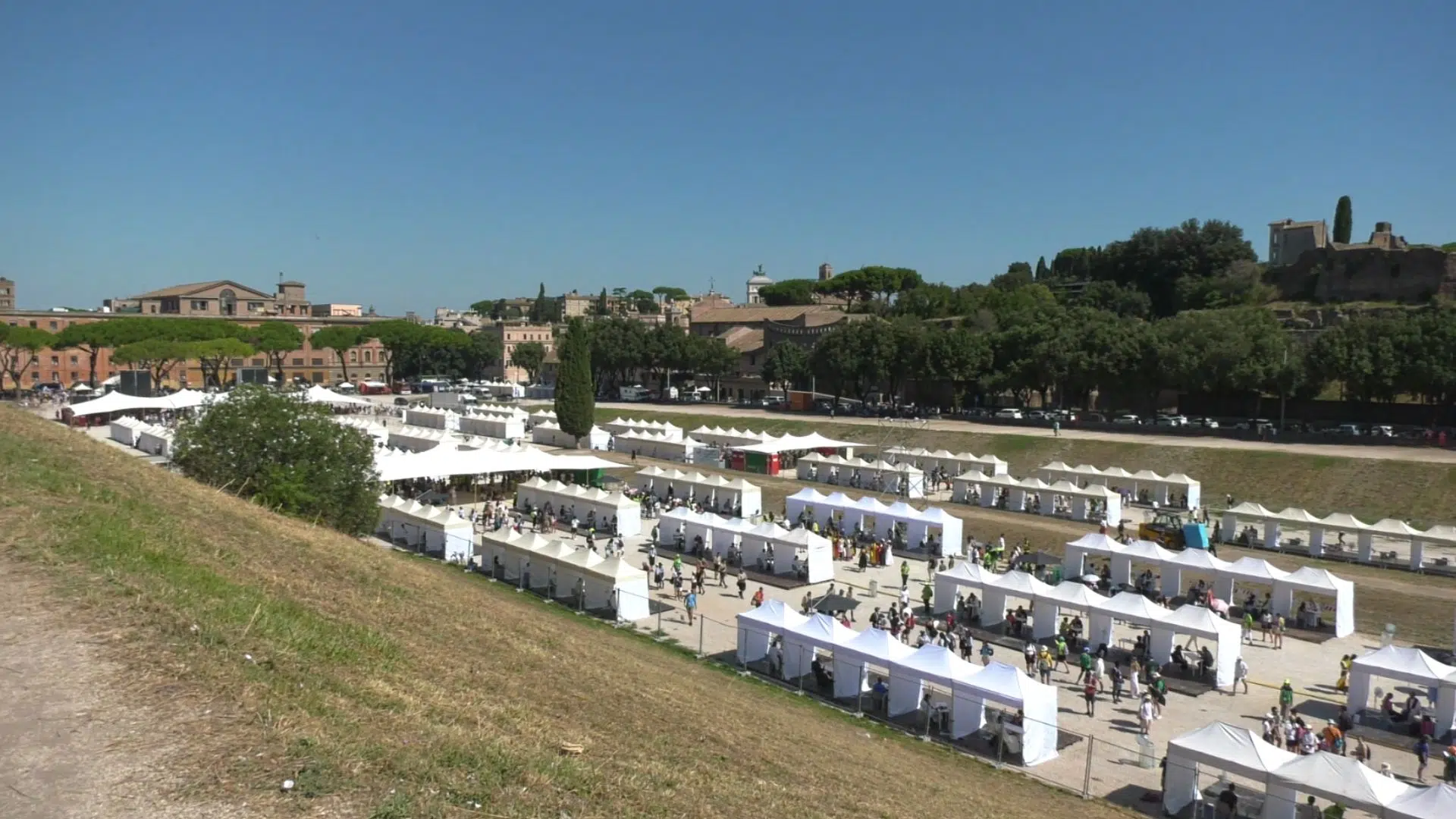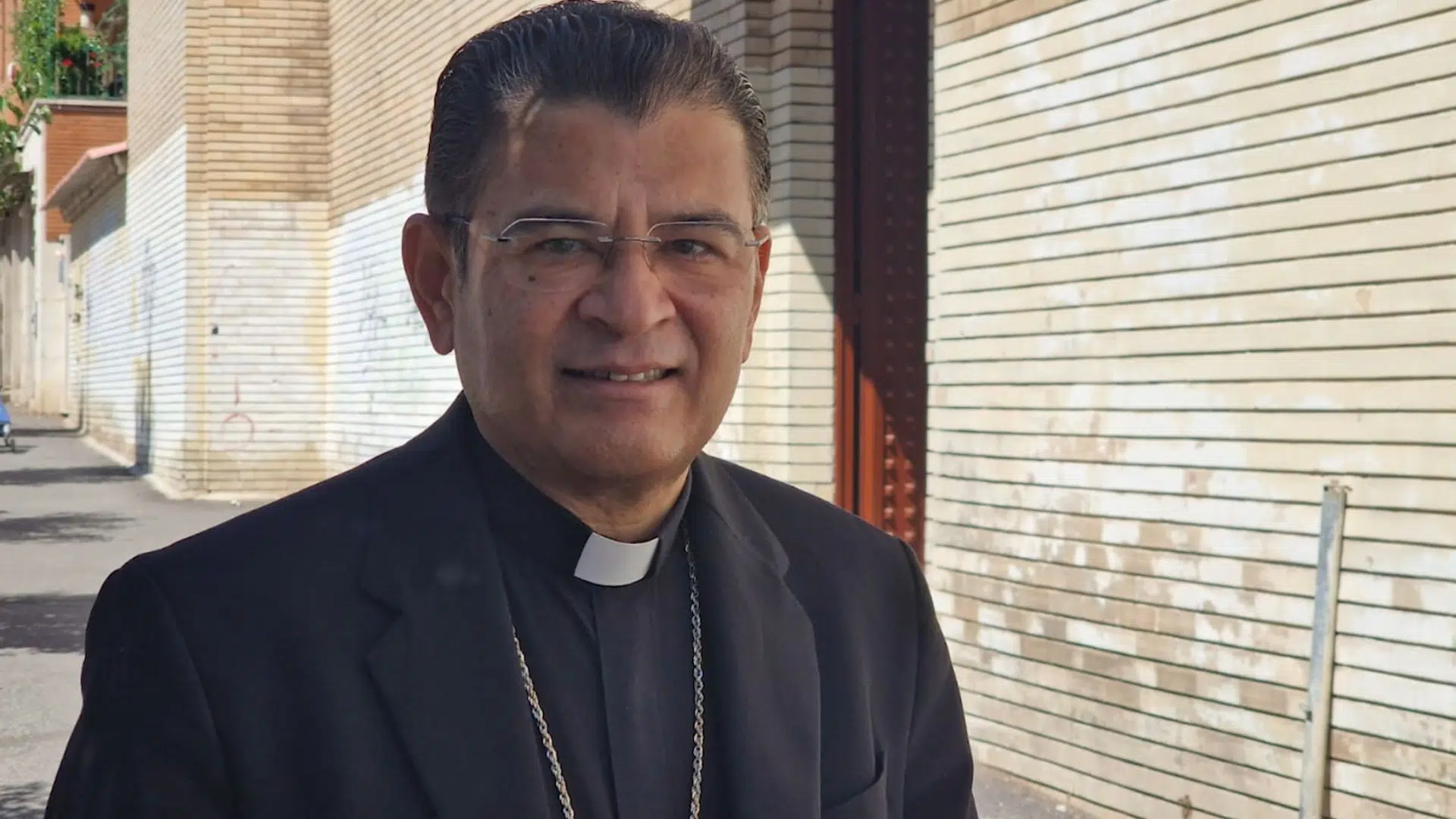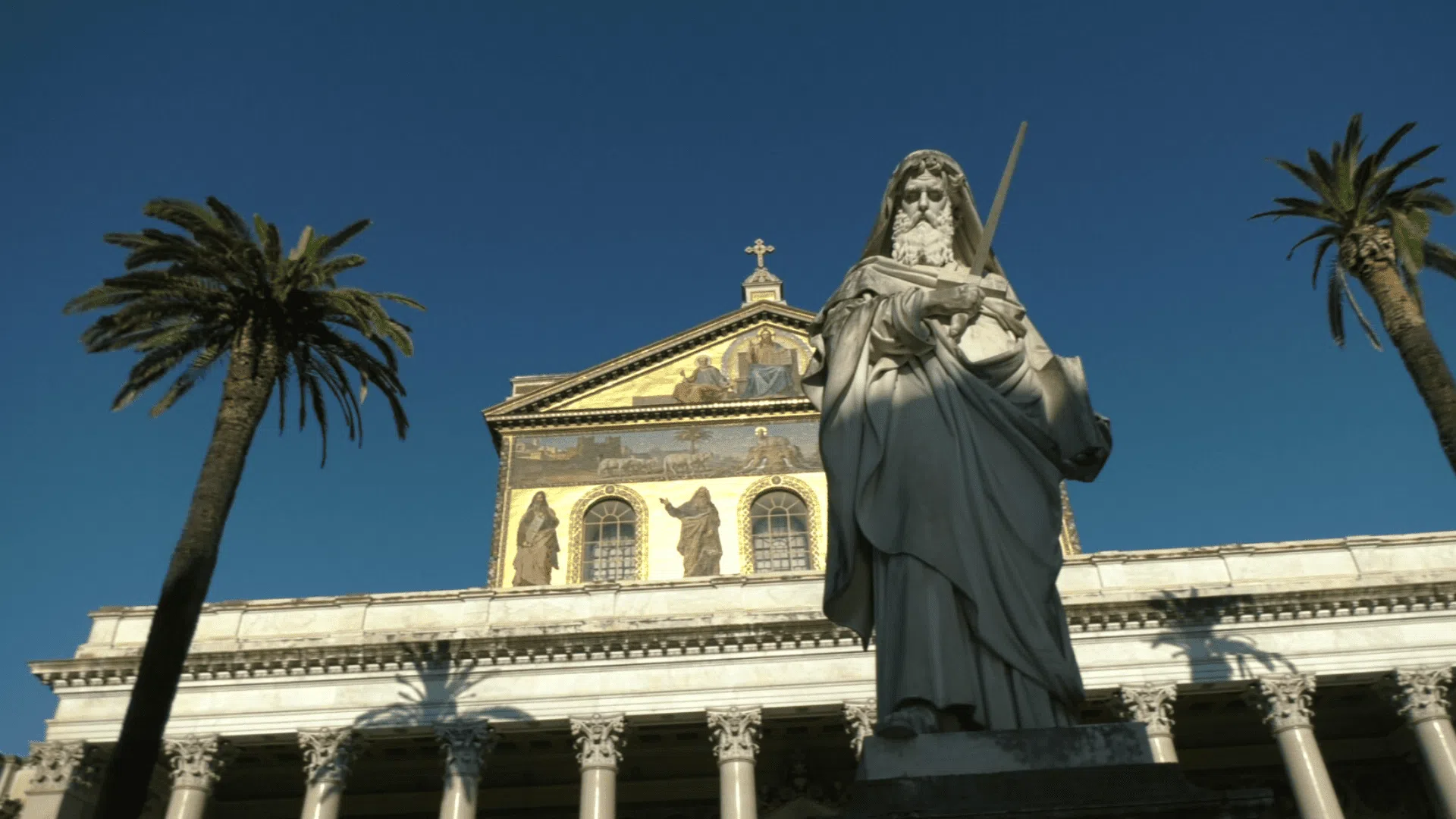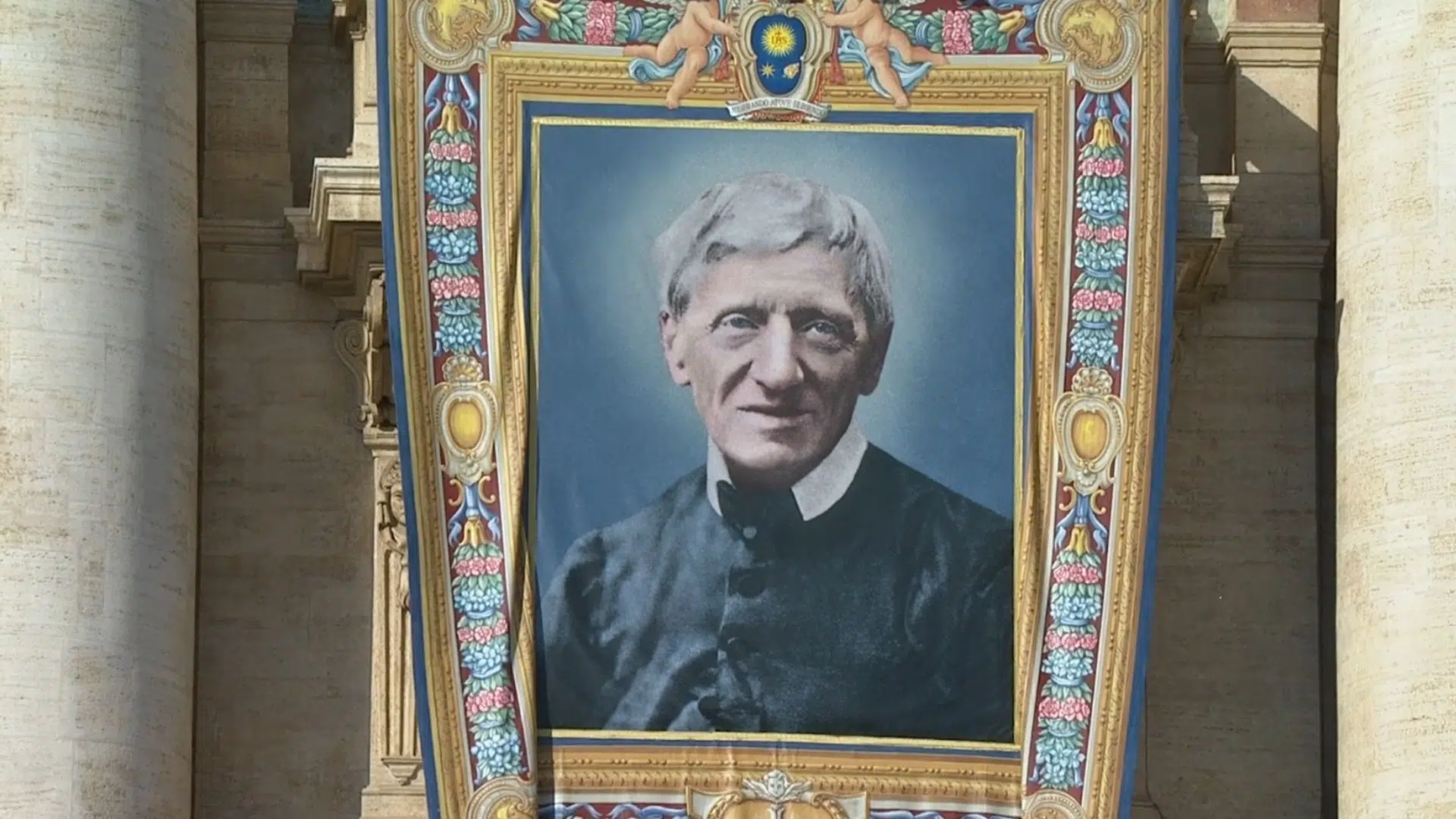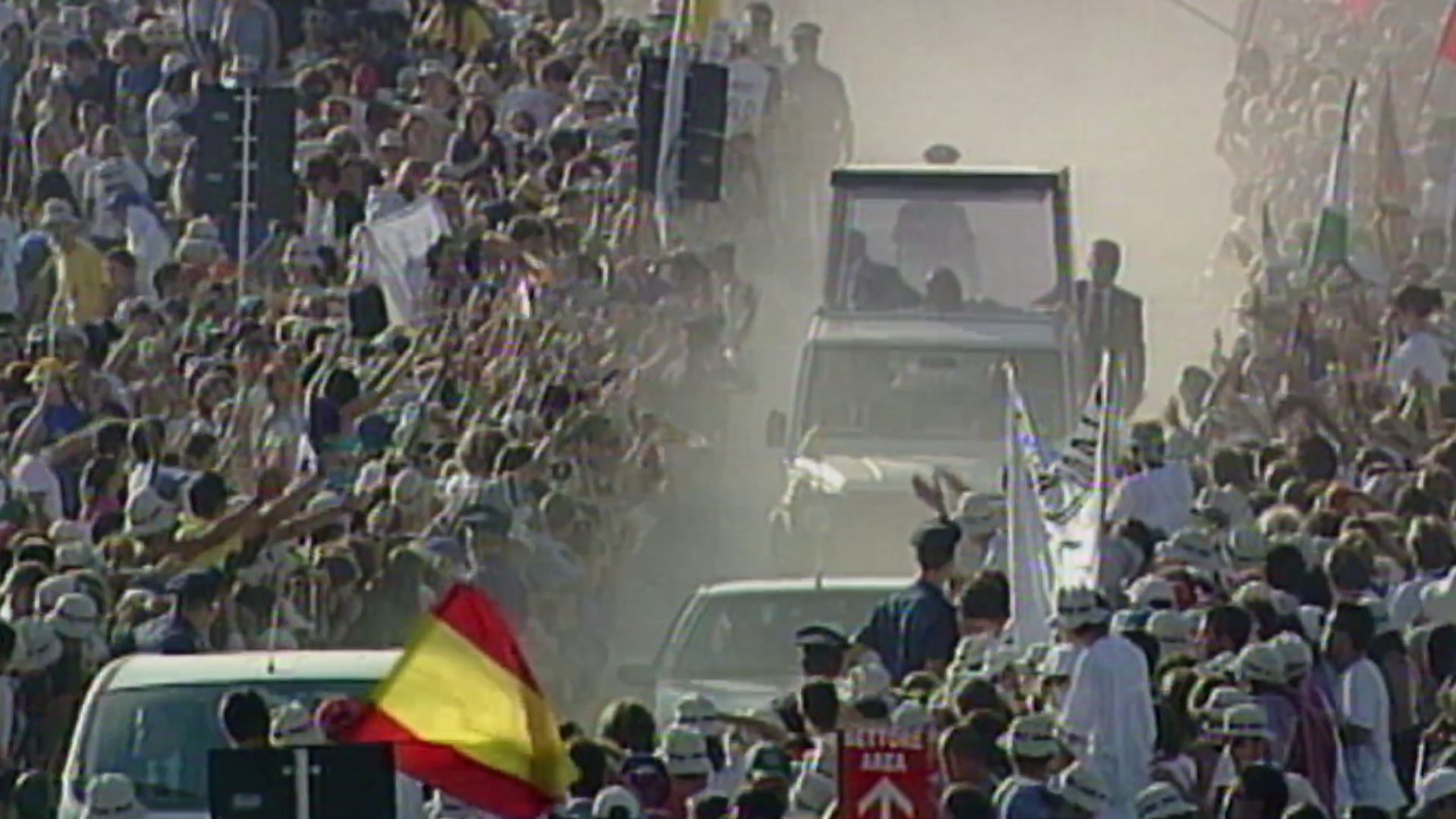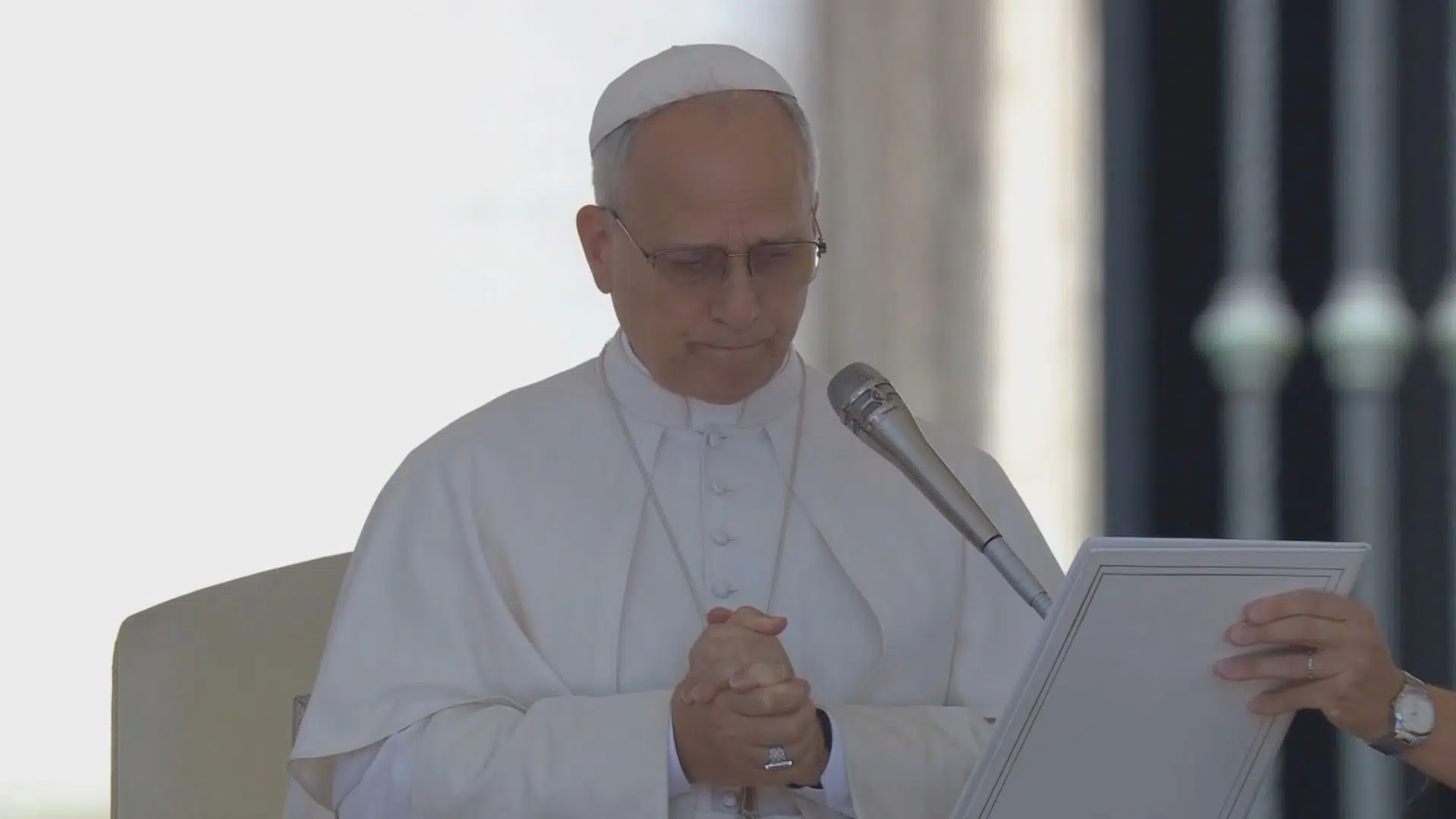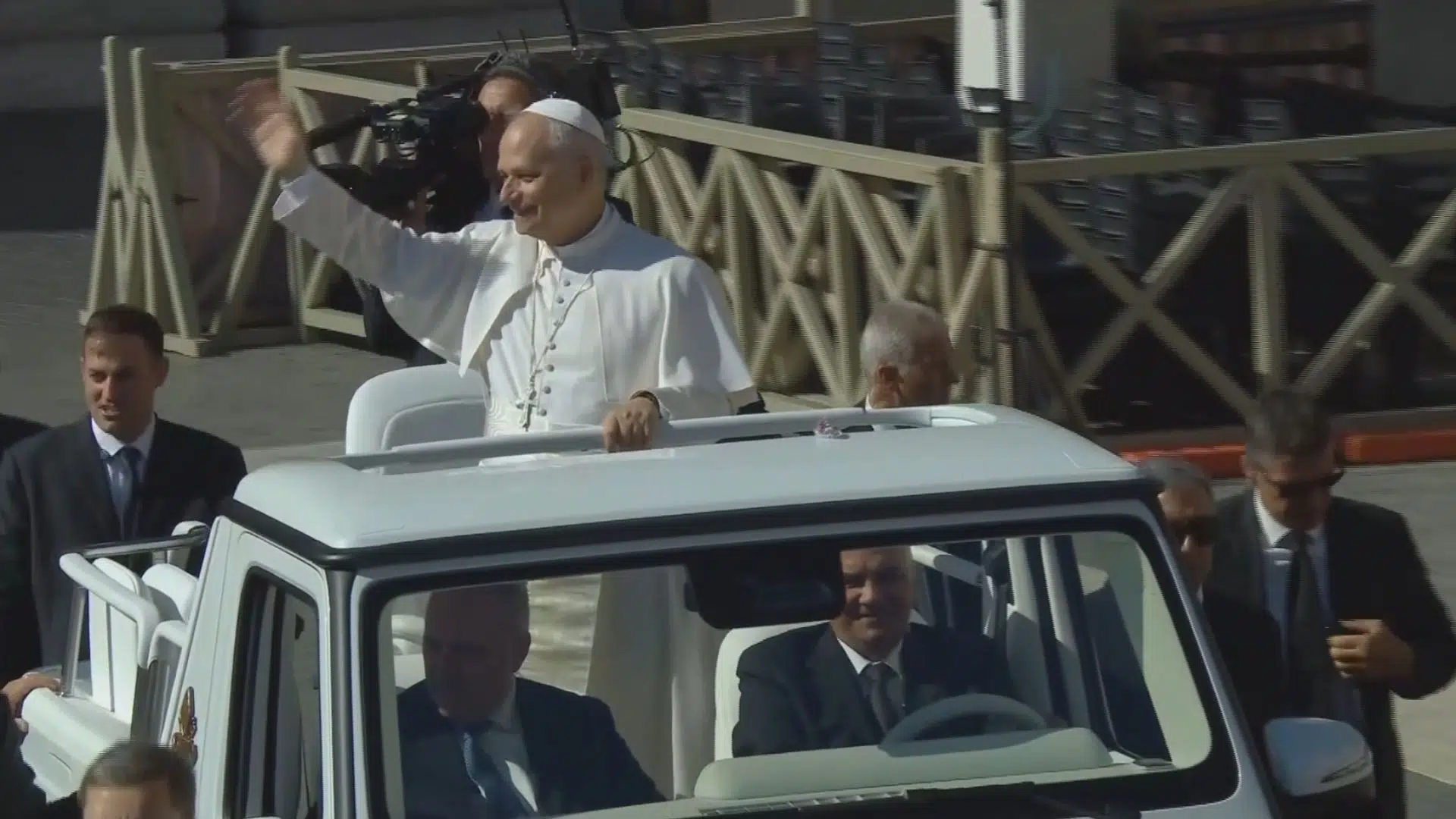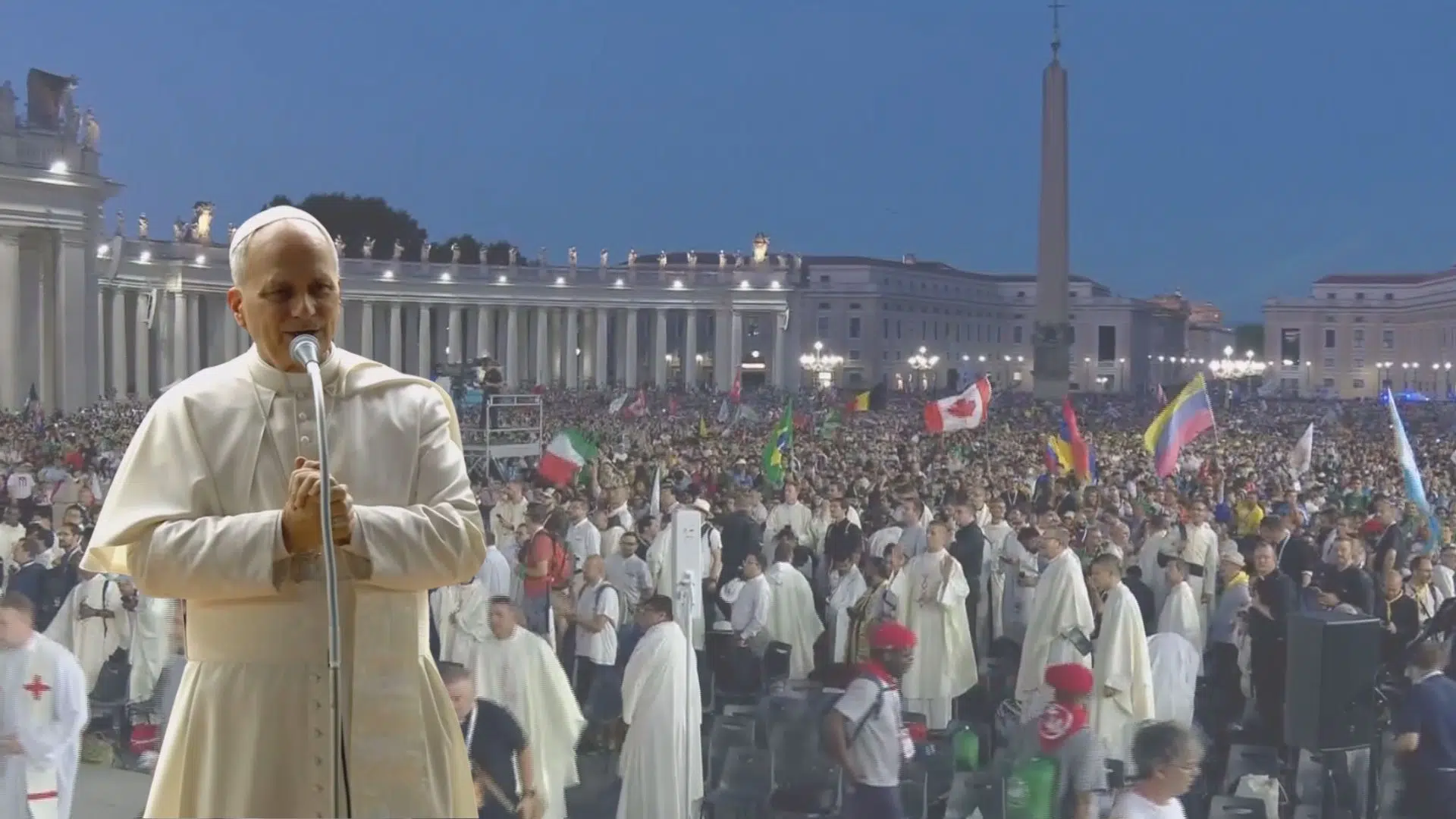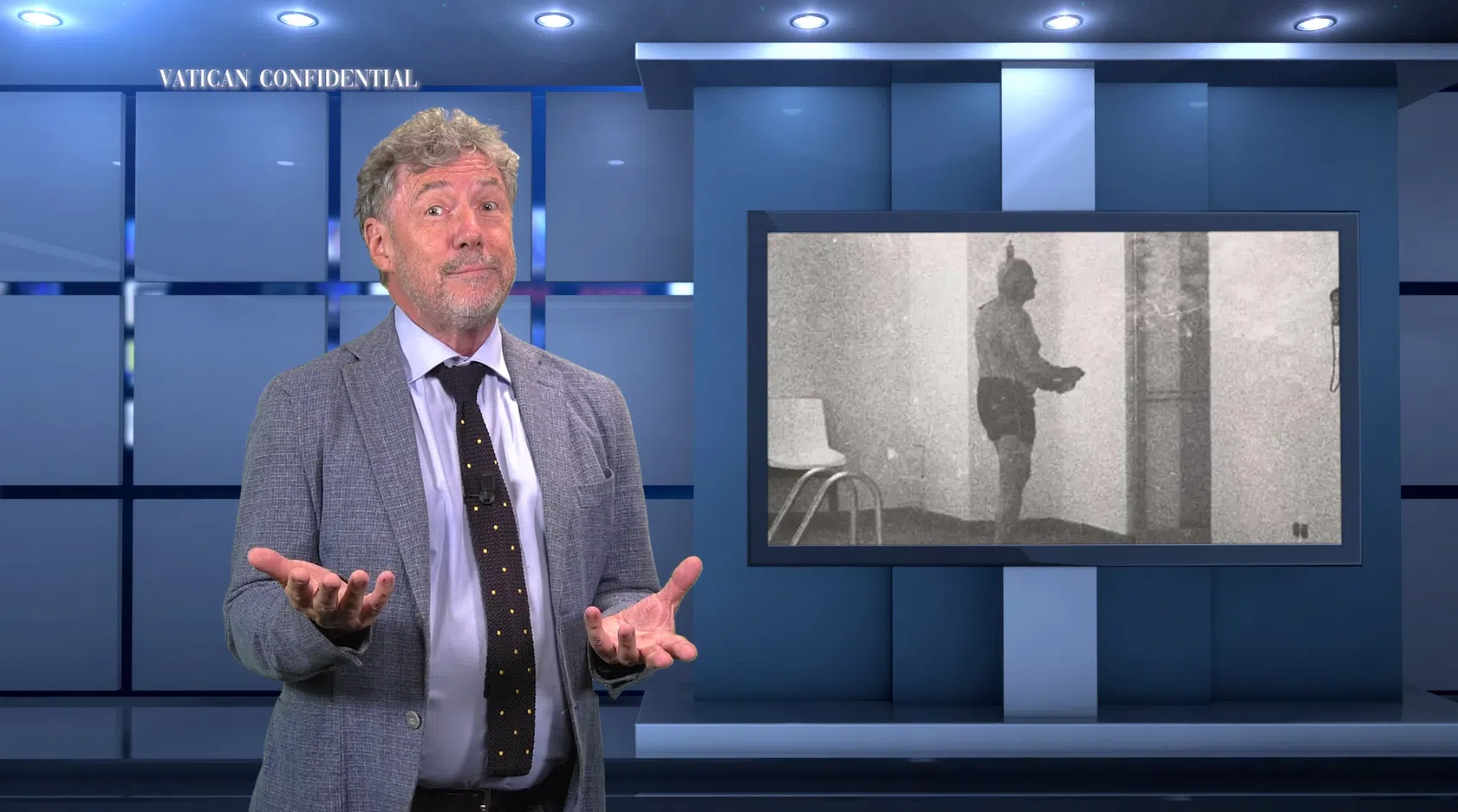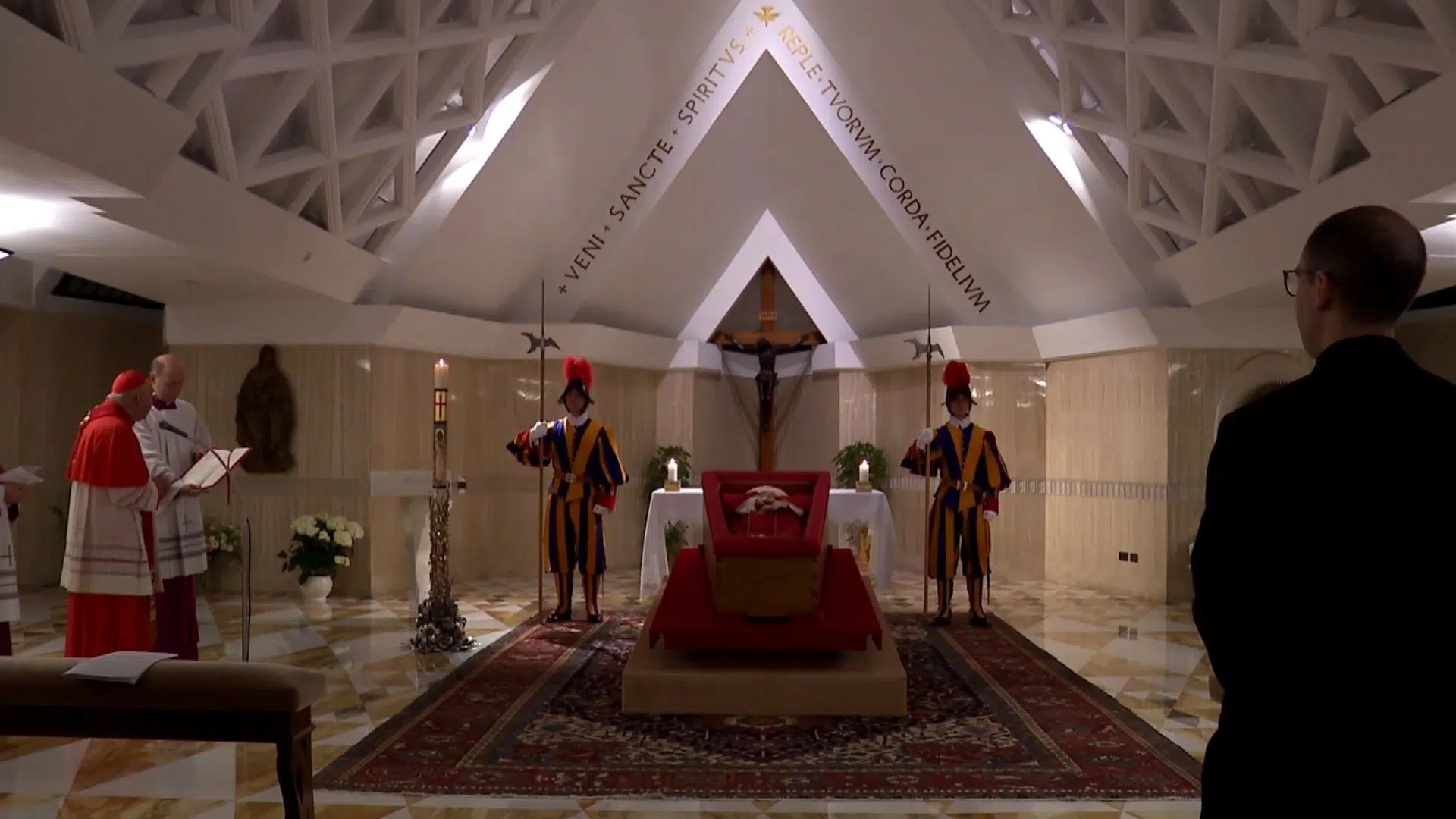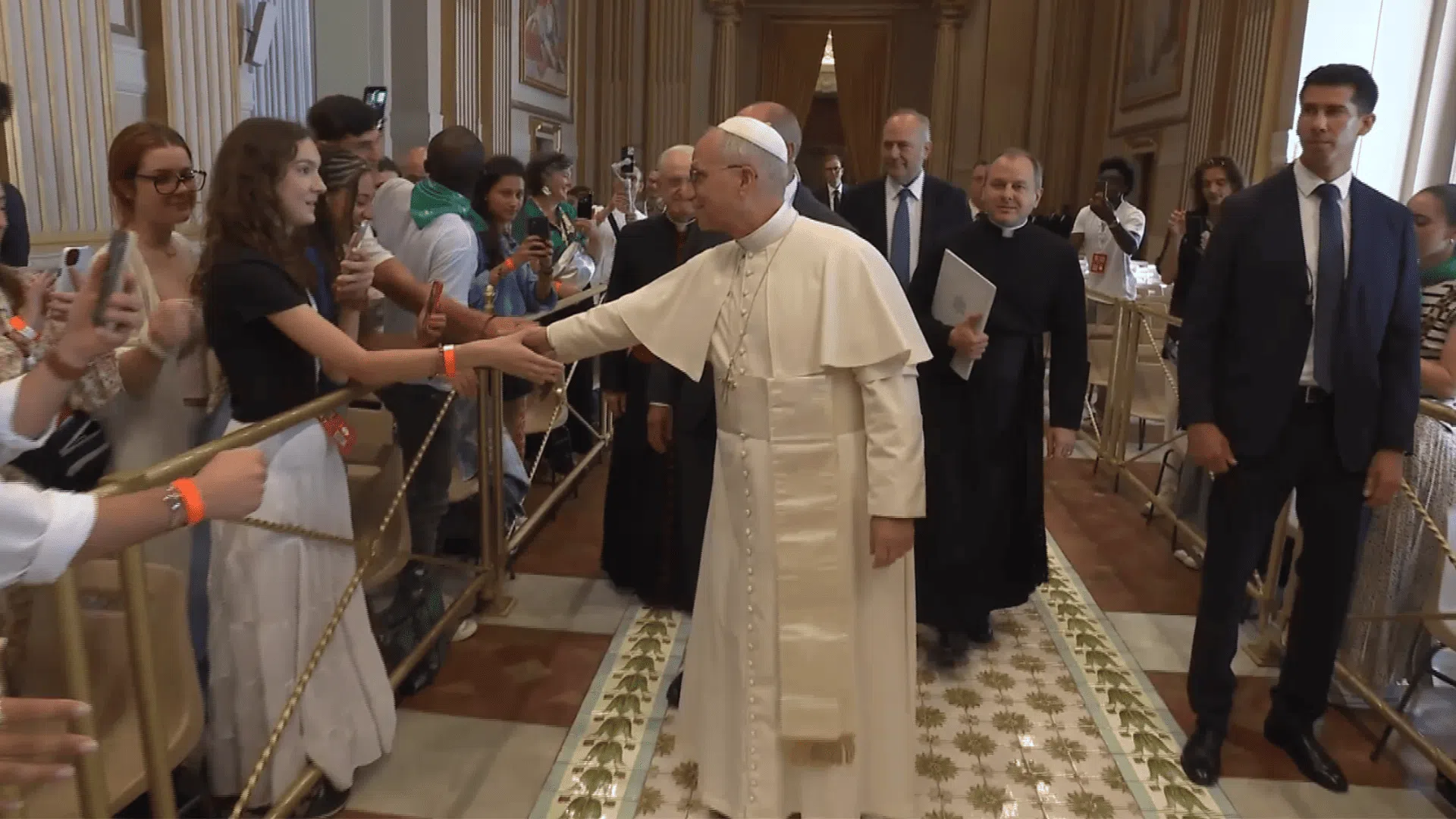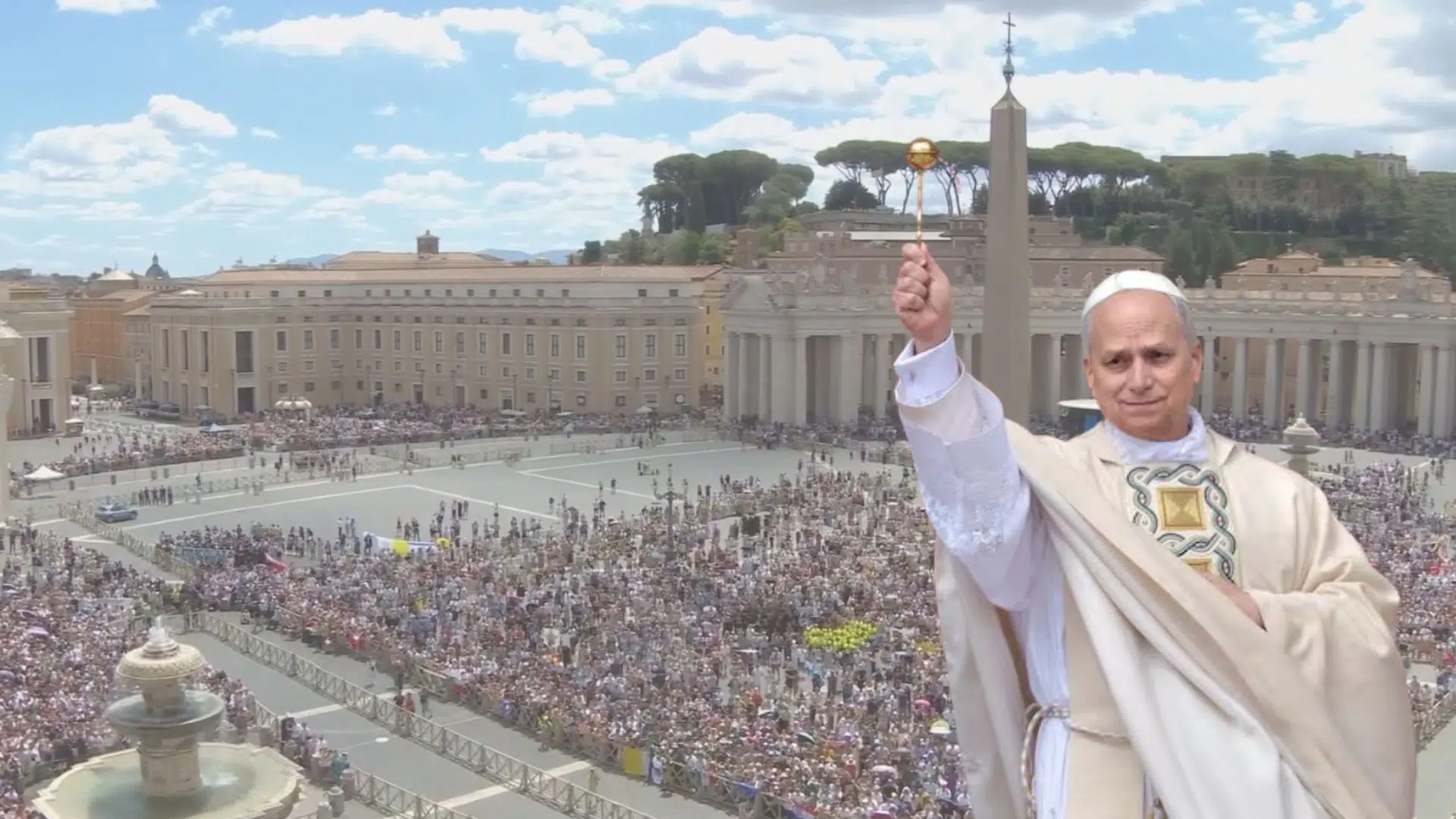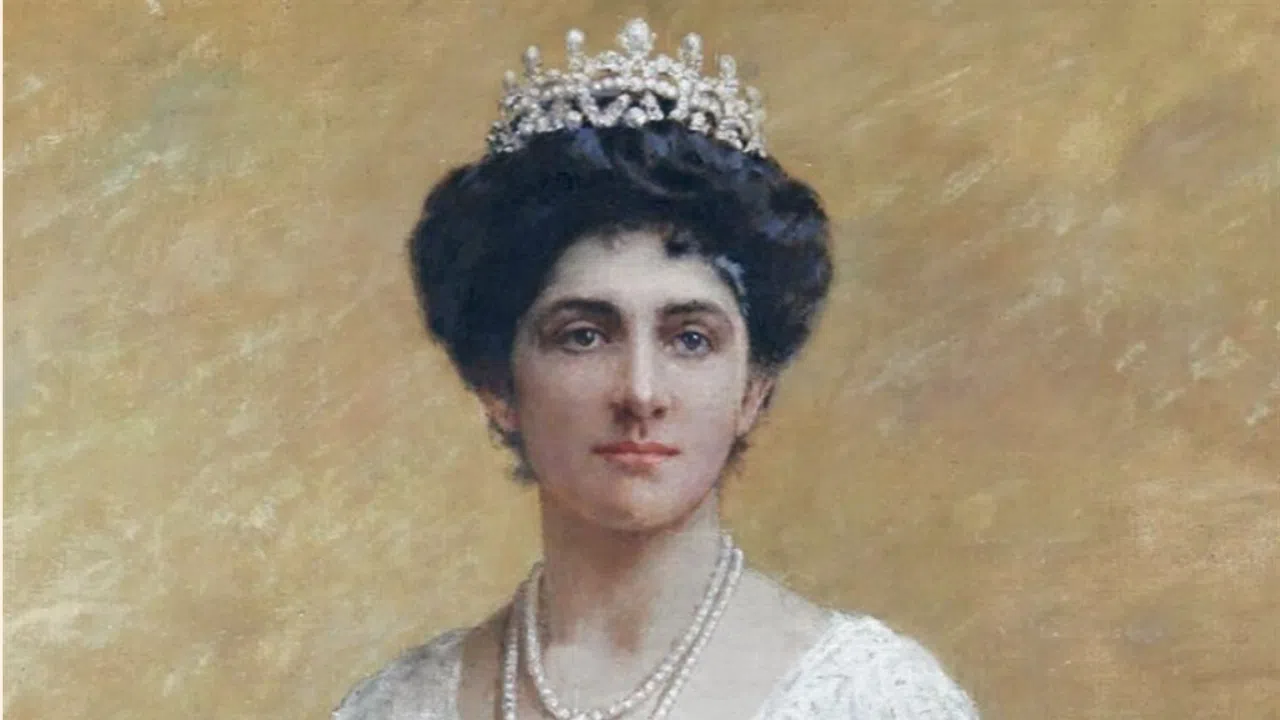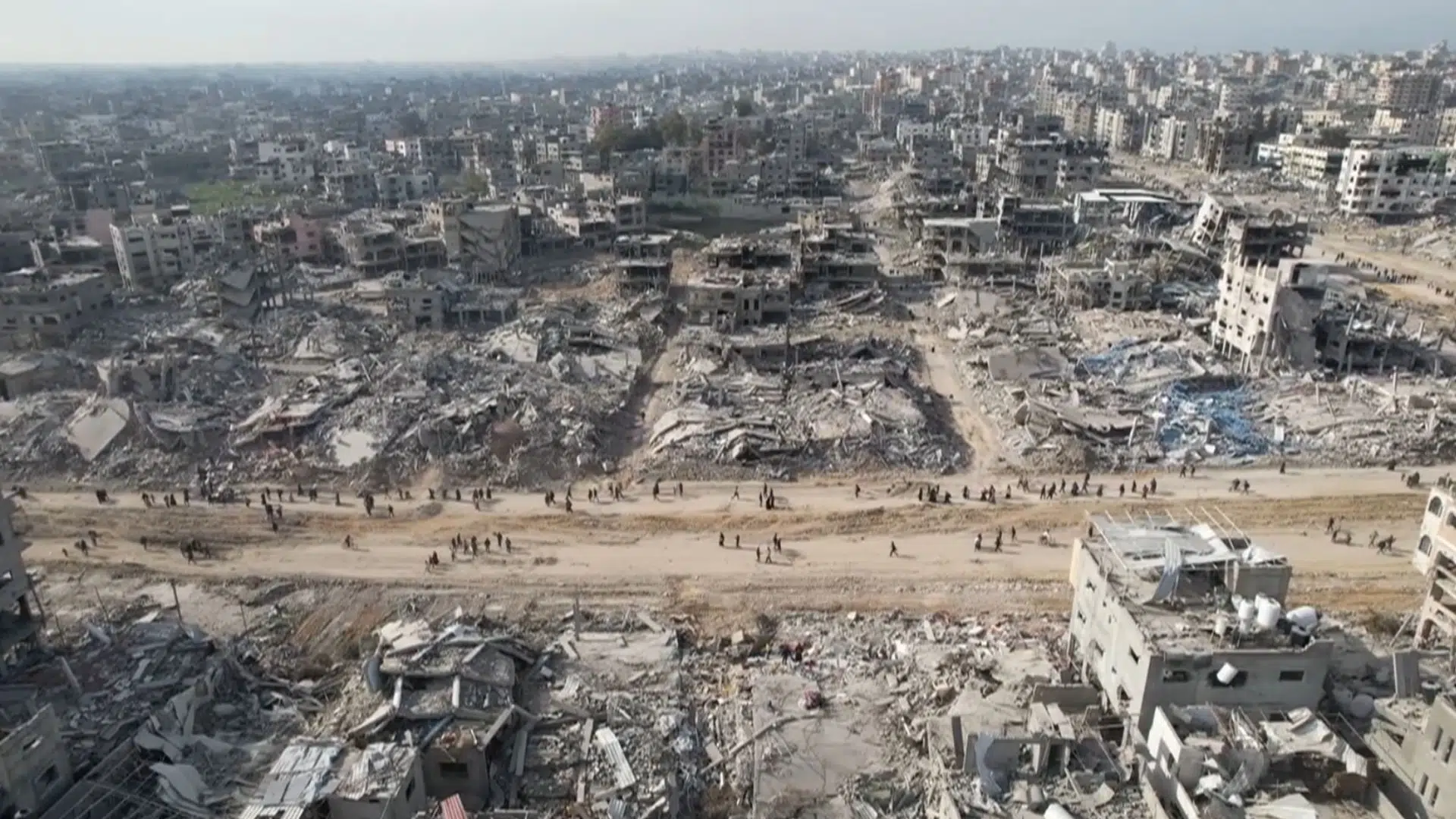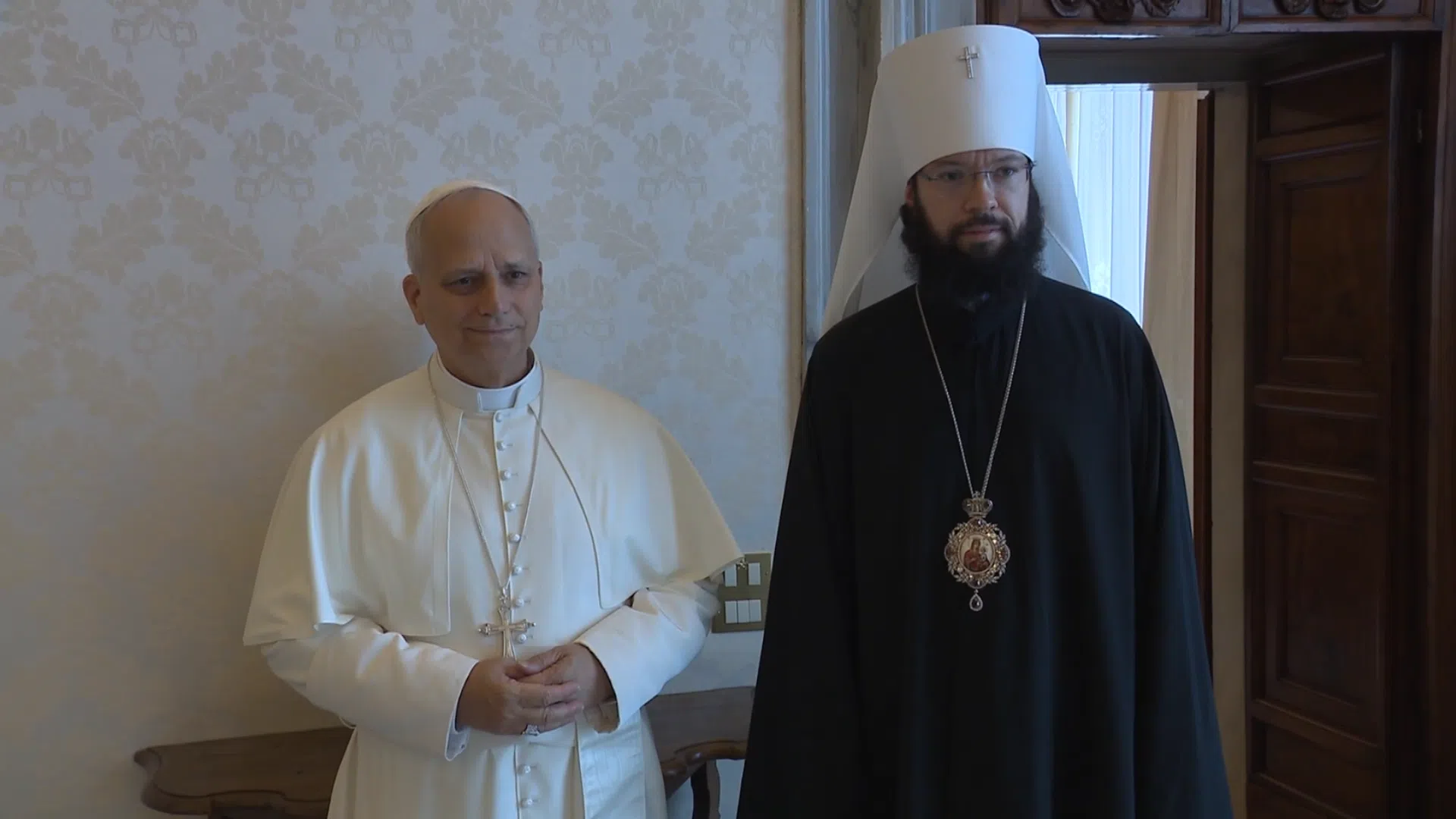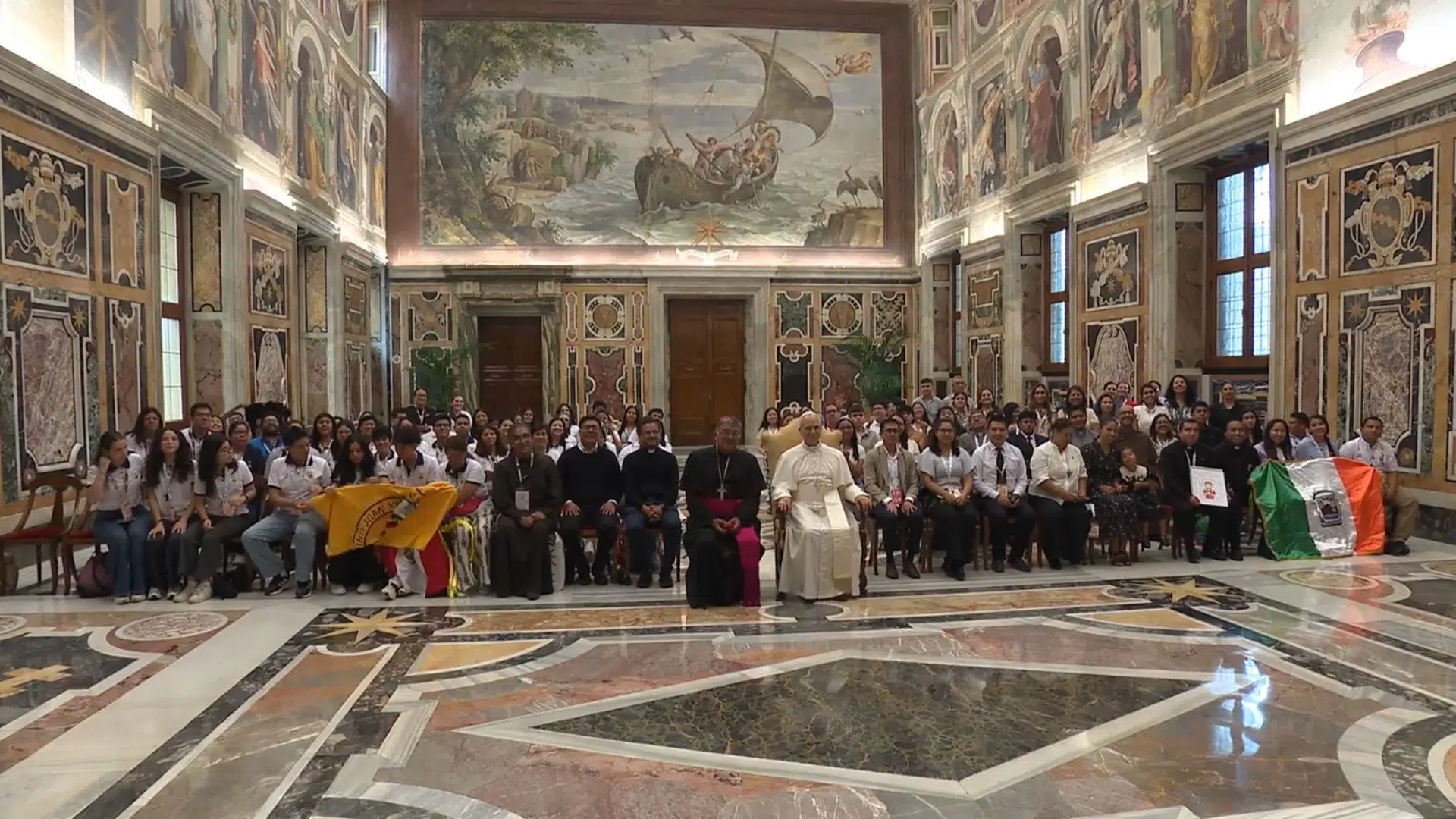Trieste, the easternmost city in Italy, is where Pope Francis flew to by helicopter early Sunday morning.
He took part in the annual “Italian Catholic Social Week” meeting. There, he recounted that the first time he heard of the city of Trieste was when his grandfather recited sayings from World War I.
The Pope then answered questions about Catholicism, politics and social issues. He said that democracy must be cultivated in every citizen and that Catholics must promote it, for example, to fight societal problems like low voter turnout.
POPE FRANCIS
Participation is not random. It is learned as a child, in youth, and it is trained. We must also train our capacity to face ideological and populist temptations.
Speaking of populism, he also spoke out against certain types of welfare, but without giving specific examples.
POPE FRANCIS
Welfarism is the enemy of democracy and the enemy of love for one's neighbor. And certain forms of assistance that do not recognize the dignity of people are social hypocrisy. Let us not forget this.
At the same time, the Pope insisted that lay people have a lot of work to do in denouncing social problems and proposing solutions. He gave the example of the mayor of Florence, Giorgio La Pira, whose cause for beatification is underway.
La Pira promoted ties between cities in different countries to foster peace and try to put a stop to government policies that harm cities.
POPE FRANCIS
Giorgio La Pira knew the importance of cities, which do not have the power to wage wars but pay the highest price. That is why I imagine a system of "bridges" between the cities of the world to create occasions for unity and dialogue.
Giorgio La Pira was mayor of Florence for two terms, in the 1950s and 1960s. In addition to promoting social policies for the city, he tried to promote peace in the Cold War years by signing friendship agreements with mayors from all over the world and promoting dialogue between them. He even traveled to Moscow and Beijing to do so.
JRB
TR: AT
